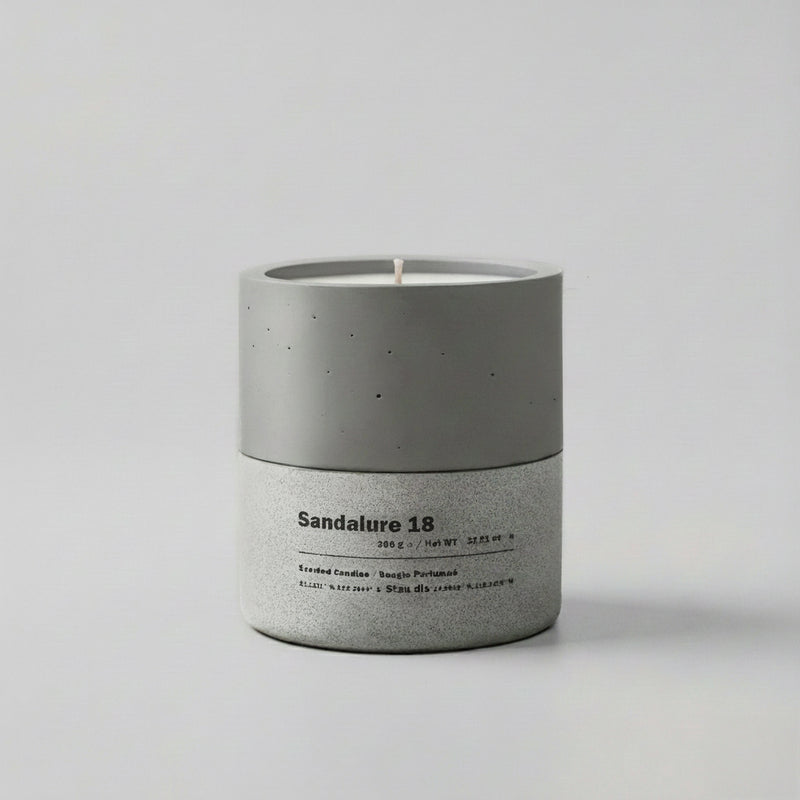Are Scented Candles Bad for You?
There’s nothing quite like the flicker of a scented candle to set a cozy mood, fill your space with delightful aromas, and offer a moment of tranquility in a chaotic world. But in recent years, concerns about the potential health risks of scented candles have sparked heated debates. Are scented candles bad for you, or is it just another wellness scare? Let’s dive into what the science says, explore the potential risks, and provide you with actionable advice.
The Concerns Surrounding Scented Candles
Harmful Emissions
When you light a scented candle, the burning process releases various chemicals into the air. These include volatile organic compounds (VOCs) like formaldehyde, benzene, and toluene—some of which are linked to respiratory issues and other health problems.
A study published in PubMed Central highlighted that while typical use of scented candles might expose you to low levels of these chemicals, prolonged or excessive use in poorly ventilated spaces could lead to health concerns. 1
Fragrance Ingredients
Many scented candles use synthetic fragrances, which may include phthalates and other chemicals that disrupt hormone activity. Additionally, burning essential oil-based candles can release potentially harmful particles that may irritate the airways.
What Science Says
According to The New York Times, the dose of chemicals released by scented candles under typical usage is far below levels deemed harmful. Research suggests that occasional use in well-ventilated areas poses minimal risk. However, those with allergies, asthma, or chemical sensitivities may want to exercise caution. 4
On the flip side, poorly made candles—particularly those with low-quality wicks or an excess of fragrance—can emit soot and harmful chemicals in higher concentrations.
Navigating the Myths and Realities
Misconceptions
One popular misconception is that all scented candles are inherently dangerous. This isn’t entirely true. The safety of a candle largely depends on its materials—including the type of wax, wick, and fragrance used.
Expert Insights
Experts from University Hospitals emphasize the importance of mindful usage. They suggest choosing candles made with natural waxes, such as soy or beeswax, and ensuring proper ventilation during use. 7
Practical Tips for Safe Candle Use
-
Choose High-Quality Candles
-
Opt for candles made from natural waxes, like soy, beeswax, or coconut wax.
-
Look for wicks made of cotton or wood to minimize soot emissions.
-
-
Burn Responsibly
-
Keep your candles in well-ventilated spaces.
-
Avoid burning candles for more than three hours at a time.
-
-
Read Labels
-
Check for “phthalate-free” and “non-toxic” labels when purchasing scented candles.
-
-
Limit Usage Around Sensitive Groups
-
Avoid using candles around pets, young children, or individuals with respiratory issues.
-
Community Opinions and Shared Experiences
Online forums like Reddit and Quora are filled with personal anecdotes about scented candles. While some users report no issues with occasional use, others highlight challenges with allergies or sensitivities to specific fragrances. These community-driven insights can provide valuable perspectives on balancing enjoyment with caution. 2, 8
Are Scented Candles Bad for You? The Verdict
The answer isn’t black and white. For most people, occasional use of high-quality scented candles in well-ventilated spaces poses minimal risks. However, if you have respiratory issues, chemical sensitivities, or pets, it’s worth being extra cautious.
By making informed choices and following best practices, you can continue to enjoy the warm glow and enchanting scents of candles without worry. Remember, it’s all about balance and mindfulness.




